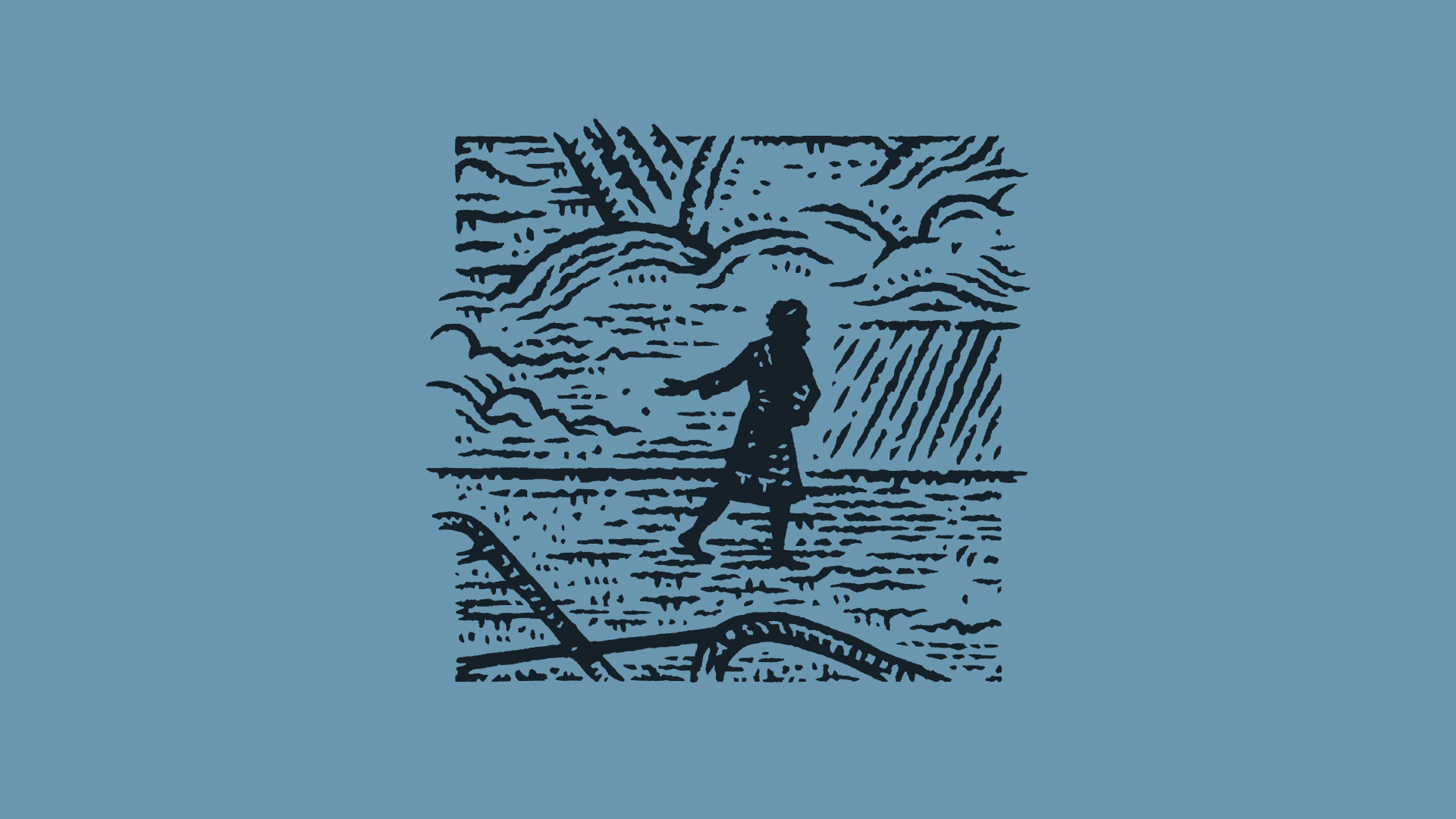Read Isaiah 61:1–4 and Luke 4:16–21
When Jesus unfurled the scroll and read Isaiah 61, his hearers had been waiting for many generations for the Promised One—the Prince of Peace, the bringer of justice and freedom. They’d seen countless wars, successive occupying empires, and cultural changes that disoriented them as they navigated having faith in such circumstances.
We too live in times of geopolitical chaos, violence, and confusion. We too wait for the Prince of Peace to come in glory, to bring the final resurrection and restoration to places of death and mourning. It hurts to wait. It fills us with longing.
Isaiah 61:1–4 refers to the Jubilee Year in Leviticus 25—a radical command that called for restoring land and people who had been sold into slavery because of debt. The Jubilee Year was the year of the Lord’s favor, when debt-slaves would be freed and homes and lands would be restored. God desired every daughter and son of Israel to be restored to home. Yet Isaiah 61 also speaks of God’s vengeance—and Jesus unsettlingly says that he has come to bring not peace but the sword and division (Matt. 10:34–36). How then, could Jesus be the bringer of peace?
When Isaiah speaks of the Prince of Peace, he’s speaking of shalom—which is not only the absence of violence or evil, but also the fullness of a good life—of loving one’s neighbor to see her flourishing and following a loving God each day.
The weekly Sabbath breaks our rhythms of work with rest and shalom, and the Jubilee is the Sabbath of Sabbaths. It is the pinnacle of shalom. So when Jesus declares the arrival of jubilean shalom, he not only offers salvation from judgment after this life but also asserts that he is the arrival of deliverance from slavery to both monetary and spiritual debt—into freedom and restoration in this life and beyond.
Thus, Jesus’ birth and life are more than a prelude to the Cross. Indeed, his birth, his life, the Cross, and the Resurrection are all part of the larger story of God delivering his people—a people who trust God and love their neighbor. As the Israelites were called to trust in God for deliverance and provision in the wilderness, so we are called to lean upon the Lord for the same—against all odds and in war, political turmoil, or wandering. And we’re called to love our neighbor as part of that active hope.
Jesus inaugurated the Jubilee in the shadow of the occupying Roman Empire, and he invites us, despite the shadows all around, to follow him and to live in his jubilean kingdom. He bids us to actively yearn, hope, and wait for his resurrection power to break through in unexpected ways as he moves and lives in us.
Sarah Shin is a doctoral student in systematic theology at the University of Aberdeen, Scotland. She is the author of Beyond Colorblind: Redeeming Our Ethnic Journey.










